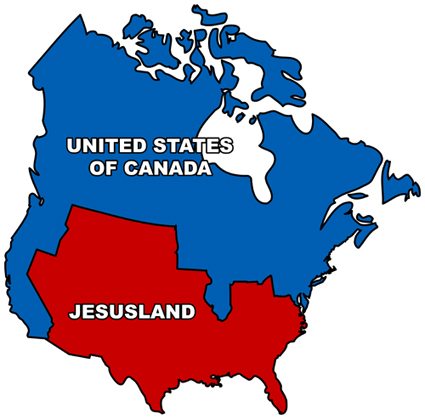Yachtie
Posts: 3593
Joined: 1/18/2012
Status: offline

|
quote:
ORIGINAL: slvemike4u
quote:
ORIGINAL: DesideriScuri
quote:
ORIGINAL: slvemike4u
Wow,when you make a compelling argument like this...I mean you even used Muhammad Ali there ,I'm sold.
I'm switching sides...The Constitution is a dead,dead,dead document 
I can't use Ali in an example?
Who said it was dead? I certainly did not. I'm all for the Constitution to be updated, as long as it's done the way it is supposed to be done. It's supposed to be amended, not re-interpreted with altered word definitions/usages. That'w where I take issue.
No one is reinterpreting it with altered word definitions/usages.
What is meant when someone says the Constitution is a living document is this.:
Situations arise that the founders could have had no inkling of,somehow someway the Document must be read so as to apply to those situations....that is the beauty of the Document ,it was/is vague enough,elastic enough,that it can still,thru interpretation be relevant for all of todays issues and problems.
To deny this is to deny the genius of the Founders.
Is that what you wish to do,deny that they were genius's?
Ok, so SCOTUS, in Wickard v. Filburn, -
A farmer, Roscoe Filburn, was growing wheat for on-farm consumption. The U.S. government had established limits on wheat production based on acreage owned by a farmer, in order to drive up wheat prices during the Great Depression, and Filburn was growing more than the limits permitted. Filburn was ordered to destroy his crops and pay a fine, even though he was producing the excess wheat for his own use and had no intention of selling it.
The Supreme Court interpreted the United States Constitution's Commerce Clause under Article 1 Section 8, which permits the United States Congress "To regulate Commerce with foreign Nations, and among the several States, and with the Indian Tribes". The Court decided that Filburn's wheat growing activities reduced the amount of wheat he would buy for chicken feed on the open market, and because wheat was traded nationally, Filburn's production of more wheat than he was allotted was affecting interstate commerce. Thus, Filburn's production could be regulated by the federal government.
Was that decision predicated upon an actual affect to interstate commerce or government policy relating to the depression?
Situations arise that the founders could have had no inkling of ...
Yeah, right.
_____________________________
“We all know it’s going to end badly, but in the meantime we can make some money.” - Jim Cramer, CNBC
“Those who ‘abjure’ violence can only do so because others are committing violence on their behalf.” - George Orwell
|


 Profile
Profile







 New Messages
New Messages No New Messages
No New Messages Hot Topic w/ New Messages
Hot Topic w/ New Messages Hot Topic w/o New Messages
Hot Topic w/o New Messages Locked w/ New Messages
Locked w/ New Messages Locked w/o New Messages
Locked w/o New Messages Post New Thread
Post New Thread